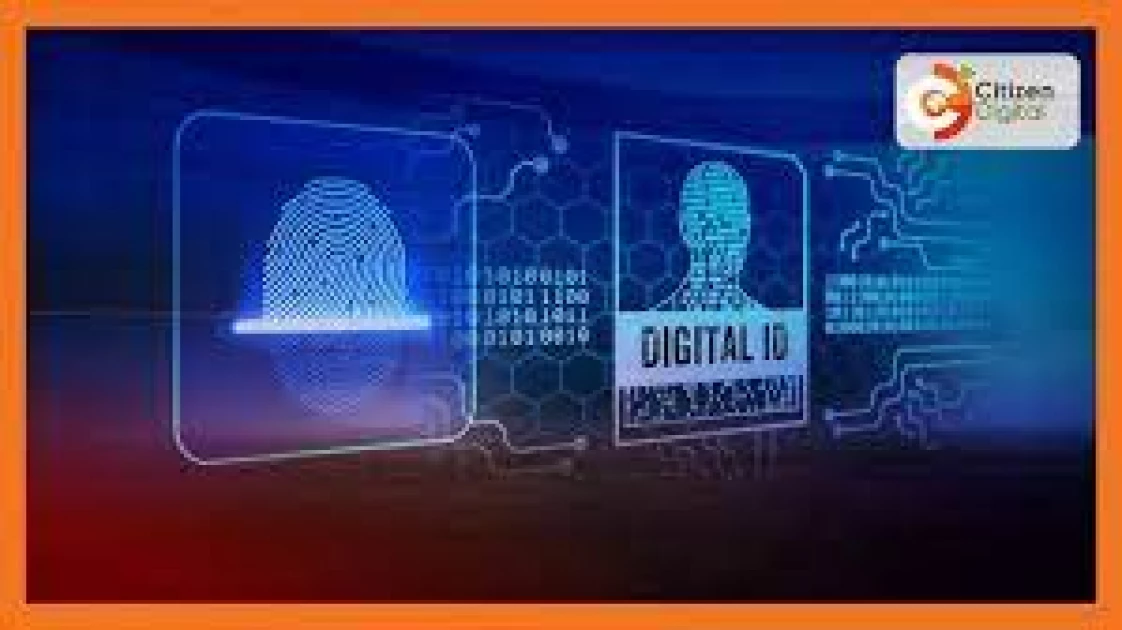Court suspends registration of persons, issuance of new generation IDs

The Katiba Institute claims that the state has no legal basis for implementing the Maisha Namba, and that the government has proceeded without requiring a state protection impact assessment, in violation of Section 31 of the Data Protection Act and the court ruling.
“The Maisha Number is meant to replace the stalled attempt to roll out the Huduma Namba. As with the Huduma Number, the Maisha Namba requires Kenya to provide biographical information and biometric data, including date of birth, gender, facial image, parentage information and contact information.
Similarly, they criticise the government for moving forward with the project without involving the public or publishing critical information about the rollout.
“For a second time the respondents have ignored this court’s ruling and have violated section 31 of the Data Protection Act,”reads court papers
According to Katiba Institute lawyer Dudley Ochiel, the government is still determined to build the Maisha Namba on the shaky foundation of data illegally collected and processed during the Huduma Namba exercise.
The Maisha Namba, according to the new proposals, will serve as a unique personal identification number assigned to Kenyan citizens upon registration, typically at birth. From birth to death, this number will serve as their personal identity number.
Maisha Namba will also serve as a birth certificate number for newborns, facilitating registration in educational institutions, NHIF, and transitioning to an ID number once they reach the age of 18.
It will also serve as their Personal Identification Number (PIN) for future access to government services such as KRA, NSSF, NHIF, and NEMIS.
Using fingerprint biometric technology, this master database will manage data for all registered citizens, refugees, and foreigners, improving data accuracy and reliability.
It will consolidate existing independent databases into a single integrated register, serving as the central reference for all data related to Kenyan citizens and foreign residents in the country.
On the other hand, the Digital ID will be a digital representation of an individual, organization, or device, typically encompassing personal attributes, credentials, and authentication.
Maisha card, which will bear Maisha Namba, will essentially be a 3rd generation ID that will replace the current 2nd generation ID. It will have enhanced security features, including a microprocessor electronic chip with encrypted data, rendering forgery and manipulation nearly impossible.
The card will feature a photo image of the applicant, an ID number, a card serial number, biometric data, biographic data, residential particulars, and advanced security elements.
Want to send us a story? SMS to 25170 or WhatsApp 0743570000 or Submit on Citizen Digital or email wananchi@royalmedia.co.ke
Comments
No comments yet.


Leave a Comment